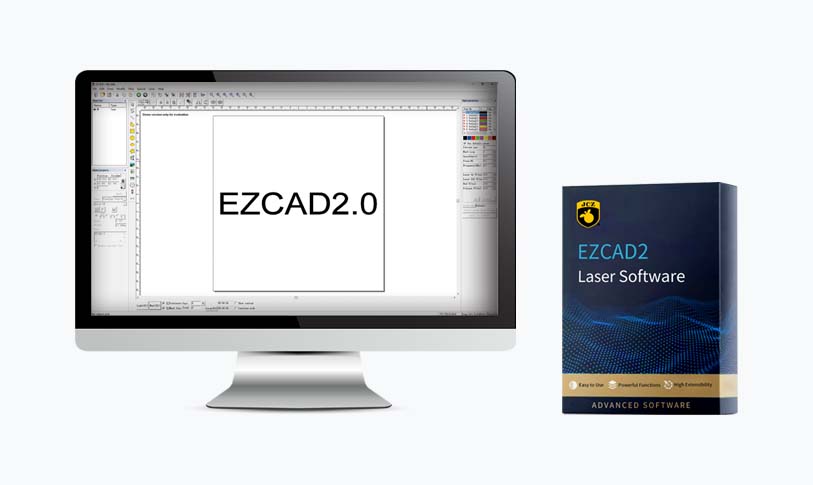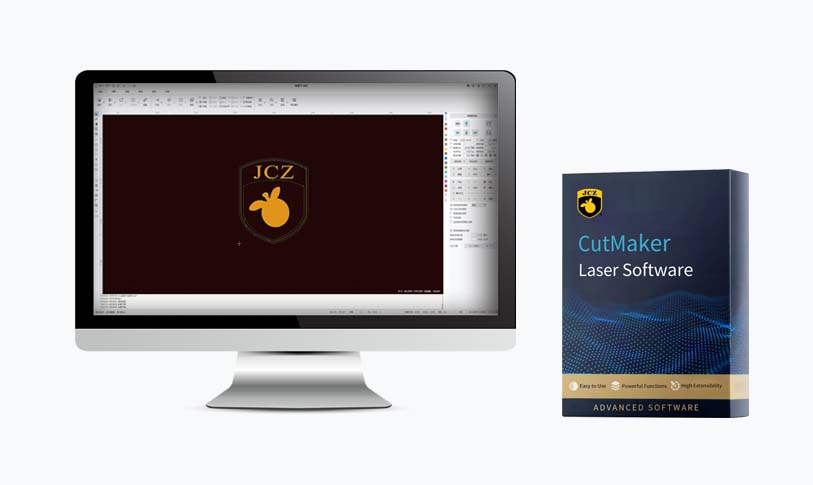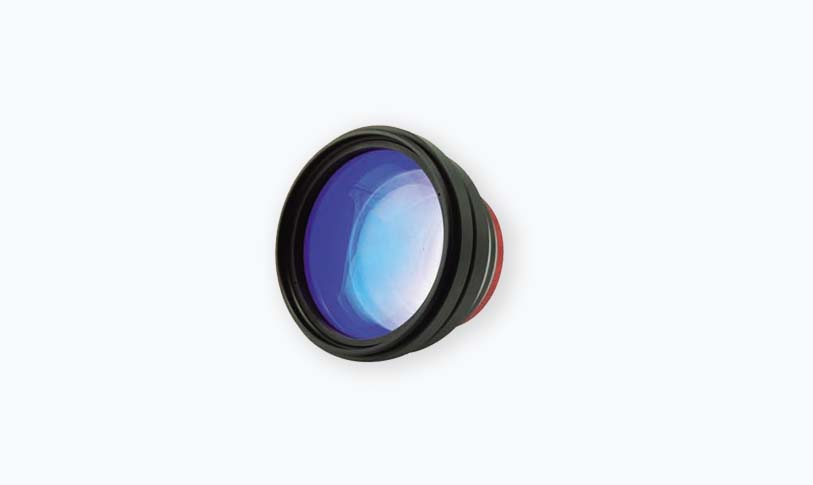[laser qs]Exploring the Revolutionary Applications and Advancements of Laser QS Technology in Modern Industry and Healthcare Solutions
Lasers have become an integral part of modern technology, enhancing a multitude of sectors ranging from manufacturing to healthcare. Among the plethora of laser technologies, Laser QS, or Laser Quality System, stands out as a remarkable advancement that has revolutionized the way precision engineering and diagnostics are performed. This article delves into the key principles of Laser QS, its applications across various industries, and the future prospects that await this innovative technology.

Exploring the Revolutionary Applications and Advancements of Laser QS Technology in Modern Industry and Healthcare Solutions
The concept of Laser QS revolves around the utilization of laser technology for quality assurance in manufacturing processes. One of the primary advantages of using lasers is their ability to deliver high precision and accuracy without physical contact. This helps reduce the risks of damaging sensitive components and allows for exact measurements and diagnostics. By employing advanced laser systems, manufacturers can ensure that each component meets strict quality standards, which is particularly crucial in fields like electronics, automotive, and aerospace industries.

Exploring the Revolutionary Applications and Advancements of Laser QS Technology in Modern Industry and Healthcare Solutions
In electronics manufacturing, Laser QS technology finds application in the inspection of microchips and circuit boards. As electronic devices become smaller and more intricate, the need for high-resolution inspections grows. Laser systems equipped with sophisticated imaging capabilities can identify defects and irregularities in components that the human eye might miss. This level of scrutiny is essential to avoid failures in devices that rely on these components, thus boosting reliability and consumer confidence.
The automotive industry, too, has significantly benefitted from the implementation of Laser QS solutions. As vehicles become increasingly complex, the integration of laser technology for quality control becomes vital. Laser measurements are now used to inspect everything from engine parts to body shells. These systems can perform real-time analysis, providing immediate feedback to manufacturers about any discrepancies. This rapid detection and rectification process not only improves quality but also enhances the efficiency of the production line, reducing waste and costs associated with rework.
In the realm of healthcare, Laser QS technology is making remarkable strides. Precision is paramount in medical procedures, and lasers offer unparalleled accuracy in diagnostics and treatments. For instance, in surgical environments, laser systems are being used for tasks such as cutting tissue or performing delicate procedures with minimal invasiveness. The precision of lasers reduces the risk of collateral damage to surrounding tissues, facilitating quicker recovery times for patients. Moreover, Laser QS can be utilized in imaging systems, allowing for enhanced detection of anomalies such as tumors or other irregularities through non-invasive methods.
Beyond manufacturing and healthcare, the applications of Laser QS extend into areas such as construction and safety assessments. For instance, in construction, laser systems can be employed for surveying and ensuring structural integrity. They are capable of measuring distances and angles with extreme precision, aiding architects and engineers in the design and execution of projects. Similarly, in safety assessments, laser technology can be employed to identify potential hazards and risks in a given environment, allowing for proactive measures to be implemented.
As the demands from industries continue to evolve, so too does the technology behind Laser QS. Continuous advancements in laser technology are leading to the development of more sophisticated systems that can analyze data in real-time and learn from past measurements. These innovations are enhancing the ability to detect even minute defects and ensuring that quality control processes are not only efficient but also effective.

Exploring the Revolutionary Applications and Advancements of Laser QS Technology in Modern Industry and Healthcare Solutions
Looking ahead, the future of Laser QS appears to be incredibly promising. As industries increasingly embrace automation and smart manufacturing practices, the role of Laser QS is expected to expand. With the integration of artificial intelligence and machine learning algorithms, laser systems will become even more intelligent, allowing for predictive quality control measures that can foresee and address issues before they escalate.
In conclusion, Laser QS technology has transformed the landscape of industry and healthcare by ensuring high levels of precision and quality assurance. Its innovative applications have not only improved manufacturing processes but also enhanced patient care in the medical field. With continued advancements on the horizon, Laser QS is poised to play a pivotal role in shaping the future of various sectors, ensuring safer, more efficient, and high-quality outcomes across the board.galvo mirror scanner
